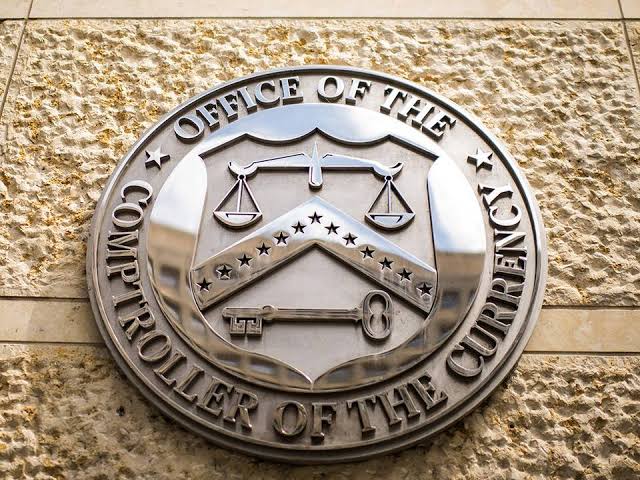
The United States Office of the Comptroller of the Currency (OCC) has published a letter clarifying that national banks and federal savings associations can now hold reserve funds for stablecoin issuers in the country.
Stablecoins refer to cryptocurrencies pegged to another asset such as a commodity or fiat currency like the U.S. dollar usually at a 1:1 ratio. Their basic use is to minimize the impact of price volatility. Tether (USDT) is the most commonly used stablecoin.
According to the OCC’s 6-page interpretive letter, it states: “stablecoin issuers may desire to place assets in a reserve account with a national bank to provide assurance that the issuer has sufficient assets backing the stablecoin in situations where there is a hosted wallet. For the reasons discussed below, we conclude that a national bank may hold such stablecoin “reserves” as a service to bank customers.”
The letter continues:
“As the OCC recently reaffirmed, national banks may provide permissible banking services to any lawful business they choose, including cryptocurrency businesses, so long as they effectively manage the risks and comply with applicable law, including those relating to the [Bank Secrecy Act] and anti-money laundering.“
The notice aims to answer questions on the relation of bank and stablecoin-related activities, as it adds: “this letter only addresses the use of stablecoin backed on a 1:1 basis by a single fiat currency where the bank verifies at least daily that reserve account balances are always equal to or greater than the number of the issuer’s outstanding stablecoins.”
Speaking on the development, Acting Comptroller of the Currency – Brian Brooks noted that federal chartered banks are increasingly engaged in stablecoin-related activities involving billions of dollars daily.
He says that by this new directive, there will be “greater regulatory certainty for banks within the federal banking system to provide these client services in a safe and sound manner.”
It will be recalled that the OCC also recently approved federal banks and savings associations to offer cryptocurrency custody services to their customers.
The above regulatory order further bridges the gap between traditional financial institutions and crypto-related services.